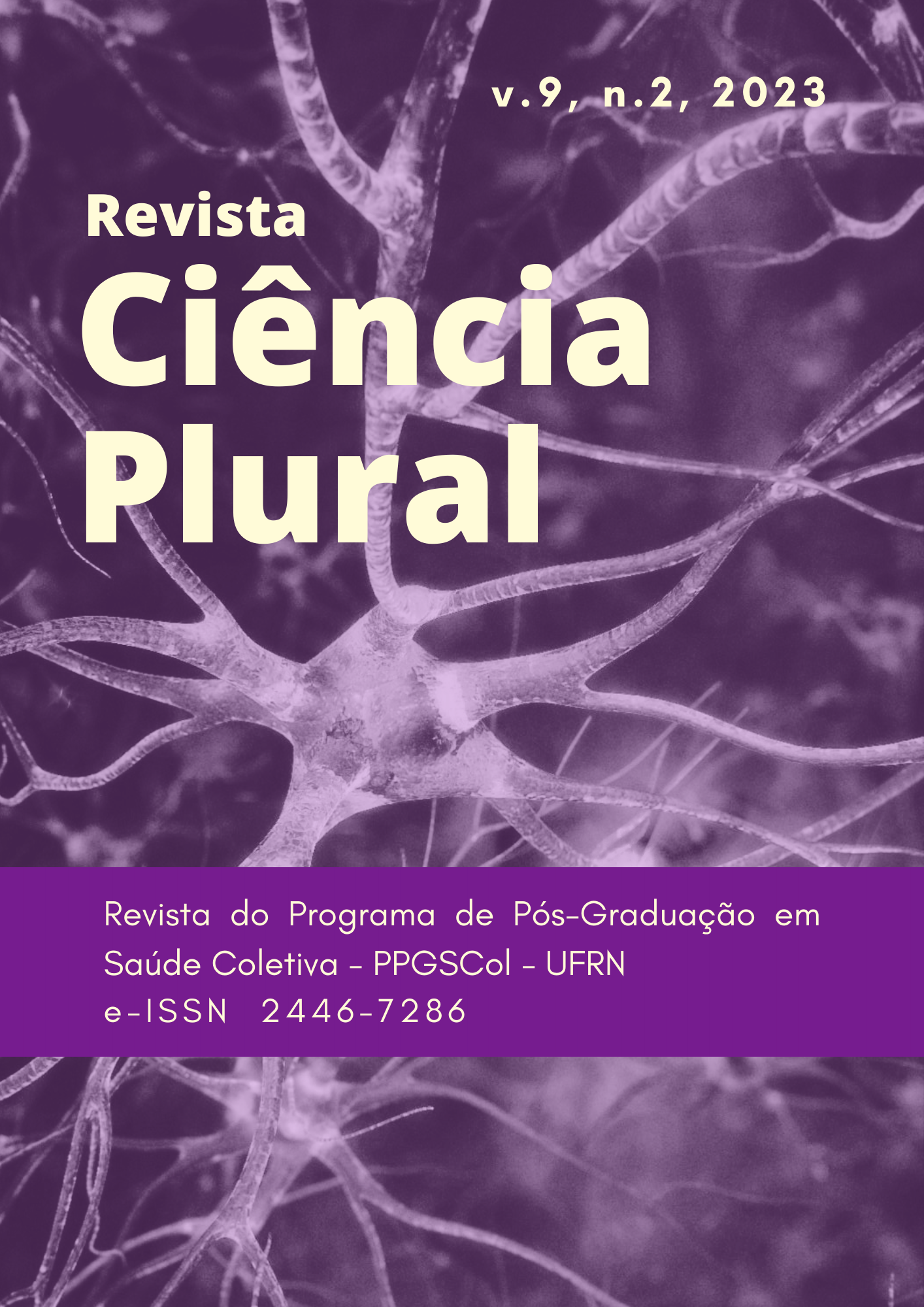El absentismo y sus causas en el contexto de la salud de los trabajadores en oncología: una revisión del alcanc
DOI:
https://doi.org/10.21680/2446-7286.2023v9n2ID31359Resumen
Introducción: El alto ritmo de trabajo, sumado a las exigencias físicas y psíquicas, conducen al estrés en los contextos personal y laboral, lo que provoca que las personas se retiren de sus ambientes laborales como una de las razones mencionadas para la incapacidad laboral. Esta realidad ha sido ampliamente observada en el ámbito hospitalario, posiblemente asociada a problemas relacionados con la fatiga por compasión, generalmente en los servicios de oncología. La motivación de este estudio fue comprender las razones del ausentismo en oncología y si ese episodio ocurre debido al proceso de trabajo. Objetivo: Investigar las causas del ausentismo entre los profesionales expuestos a riesgos ambientales en los hospitales oncológicos. Metodología: Esta es una revisión de alcance sobre el tema del ausentismo, lo que indica nuevas direcciones para futuras investigaciones. Se realizó una revisión bibliográfica basada en tres pilares: 1) El proceso de trabajo multidisciplinario en oncología y el riesgo de enfermedad; 2) El ausentismo de los profesionales de la salud en oncología; 3) El problema de la pandemia de COVID-19 para los trabajadores de la salud. Posteriormente se escogieron los descriptores y en base a ellos se realizaron búsquedas en las bases de datos electrónicas PUBMED, LILACS y SCOPUS. Resultados: Se obtuvo un resultado de diez estudios. Se encontró que los principales trastornos, que conducen a la incapacidad para el trabajo y, a su vez, al ausentismo, son de origen psíquico (depresión y Síndrome de Burnout) y de origen musculoesquelético. Conclusiones: La doble jornada de trabajo fue citada como un factor facilitador para la aparición de estos trastornos, donde tales escenarios no incapacitan al trabajador para desarrollar sus actividades, las cuales pueden ser temporales o permanentes.
Descargas
Descargas
Publicado
Cómo citar
Número
Sección
Licencia
Derechos de autor 2023 Revista Ciência Plural

Esta obra está bajo una licencia internacional Creative Commons Atribución-NoComercial-CompartirIgual 4.0.
À Revista Ciência Plural ficam reservados os direitos autorais referente a todos os artigos publicados.

 Português (Brasil)
Português (Brasil) English
English Español (España)
Español (España)













